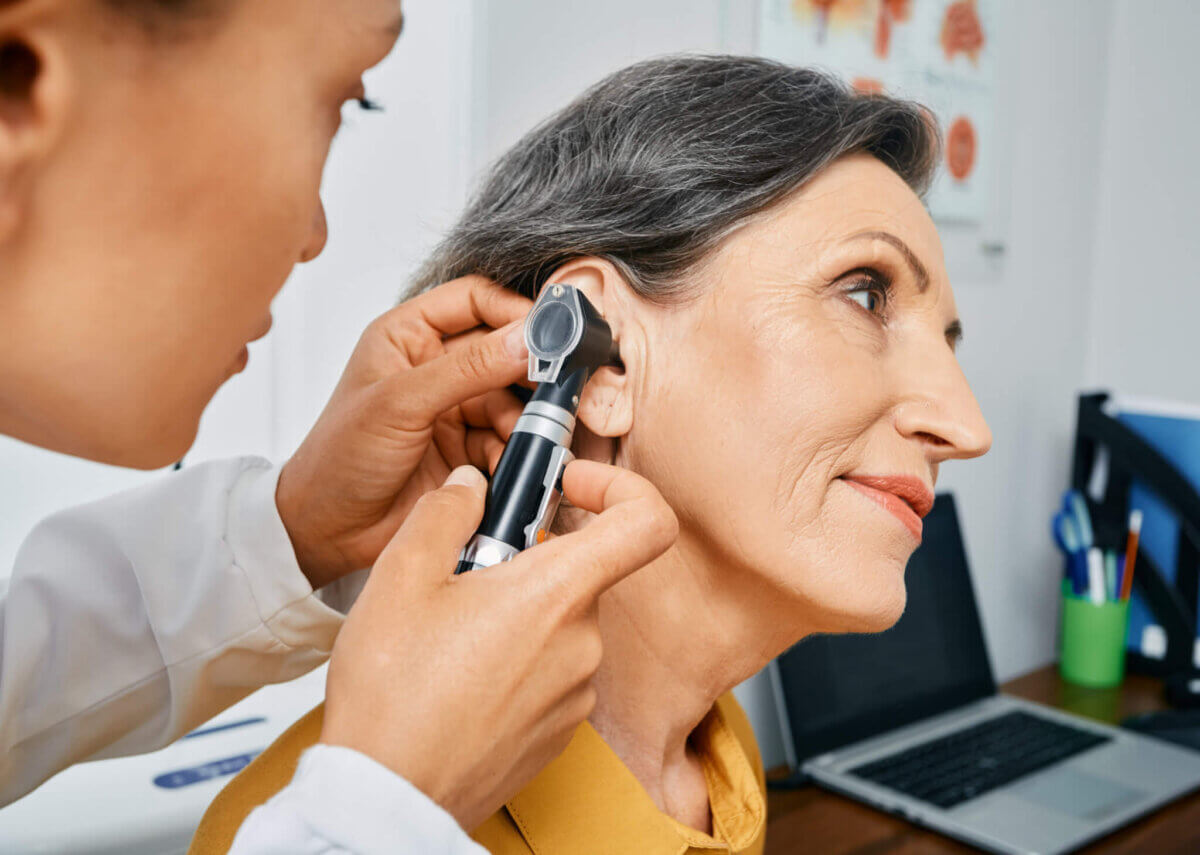MEDFORD, Mass. — Eating more oily fish like salmon or taking omega-3 fatty acid supplements daily could help prevent hearing loss, according to new research. The findings offer new hope for the roughly 1.57 billion people worldwide suffering from hearing impairment.
Omega-3 fatty acids, found in high amounts in fish, have been previously linked to the prevention of age-related hearing loss. Furthermore, a diet supplemented with omega-3 has been shown to protect against hearing loss in mice. This latest study indicates that these fatty acids might also positively affect human hearing.
The research, led by senior scientist Dr. Michael I. McBurney from the Fatty Acid Research Institute, adds to the growing body of evidence highlighting the benefits of docosahexaenoic acid (DHA). Already known for its protective effects against heart disease, cognitive decline, and premature death, DHA now seems to have a significant role in maintaining good auditory health.
“Higher DHA levels have previously been found to be associated with a lower risk of heart disease, cognitive impairment, and death. Our study extends these findings to suggest a role for DHA in maintaining auditory function and helping reduce the risk of age-related hearing loss,” says McBurney, who is also an adjunct professor at both the University of Guelph and the Friedman School of Nutrition Science and Policy at Tufts University, in a media release.

Researchers collected UK Biobank data from over 500,000 individuals between the ages of 40 to 69 from 2007 to 2010. The study analyzed this data, specifically focusing on the levels of the omega-3 fatty acid DHA in the blood of about 118,000 participants. They compared this with the participants’ self-reported hearing abilities.
Study authors used survey responses to three questions to determine if participants had hearing loss. The questions inquired about difficulty hearing, challenges in understanding conversation amid background noise, and the regular usage of hearing aids.
Among the 115,303 respondents, 38 percent reported difficulty hearing, 26 percent mentioned problems hearing against background noise, and five percent revealed they used hearing aids regularly. The results suggest that those with the highest levels of DHA (within the top 20%) were less likely to experience these hearing issues when compared to those with the lowest DHA levels.
The data showed that people with higher DHA levels were eight to 20 percent less likely to report hearing difficulties. These individuals were also less likely to have issues following conversations in a noisy environment or require the use of hearing aids.
“There is strong evidence that higher blood levels of omega-3 fatty acids are beneficial,” says McBurney. “Fatty fish and omega-3 supplements are both good dietary sources. If choosing to use a dietary supplement, compare products by reading the Supplement Facts panel for eicosapentaenoic acid (EPA)+DHA content.”
Though this research is promising, the scientists behind the study have called for further investigation to validate these findings and explore the exact mechanisms by which DHA might protect against hearing loss. The potential benefits of increased DHA intake on hearing could also be a valuable subject for future research.
The impacts of hearing loss on an individual can be wide-ranging — influencing job opportunities, social interactions, and overall quality of life. Any proven strategies to reduce its risk are crucial. Alongside dietary considerations, these strategies include ear protection from loud noises and appropriate medical treatment for ear infections.
You might also be interested in:
- Omega-3 fatty acids in foods and supplements may keep your lungs healthy
- Best Omega-3 Fish Oils for 2023: Top 5 Supplement Brands Most Recommended By Experts
- A Dietitian’s Take: If you only take one supplement, this is the one to pick

